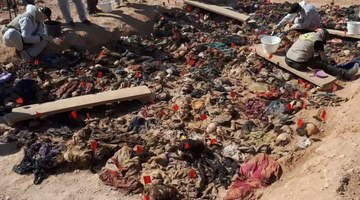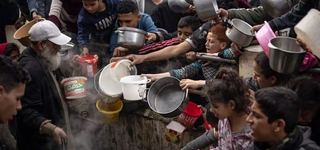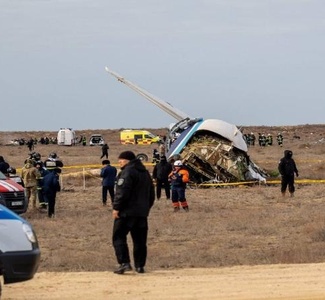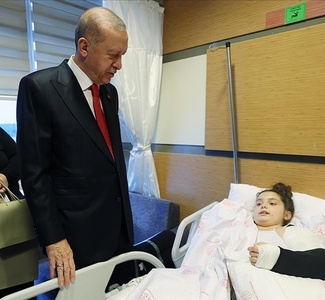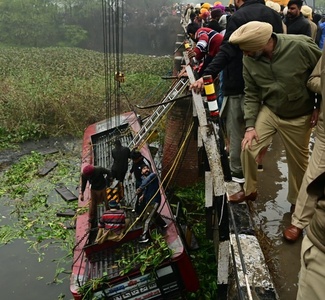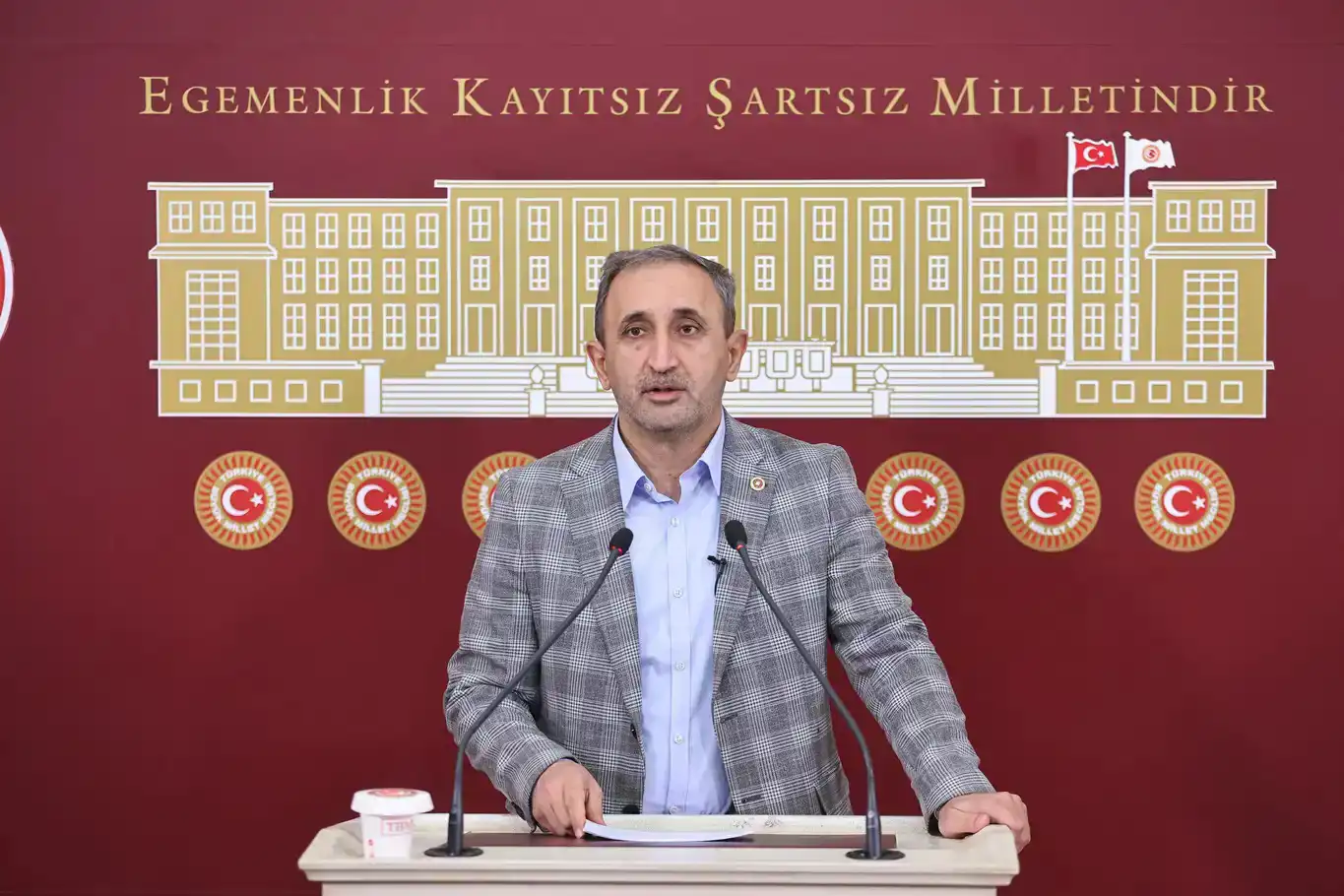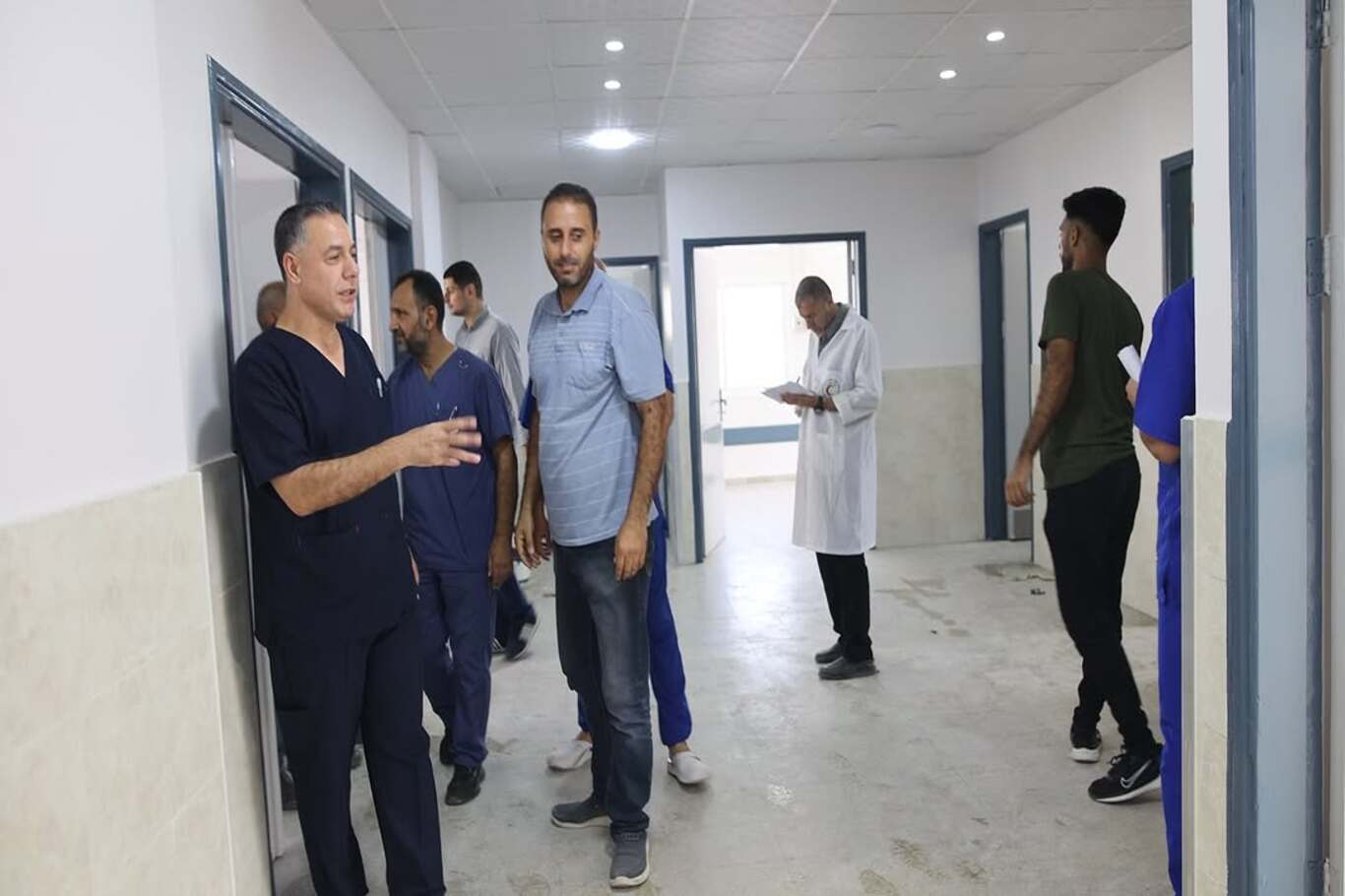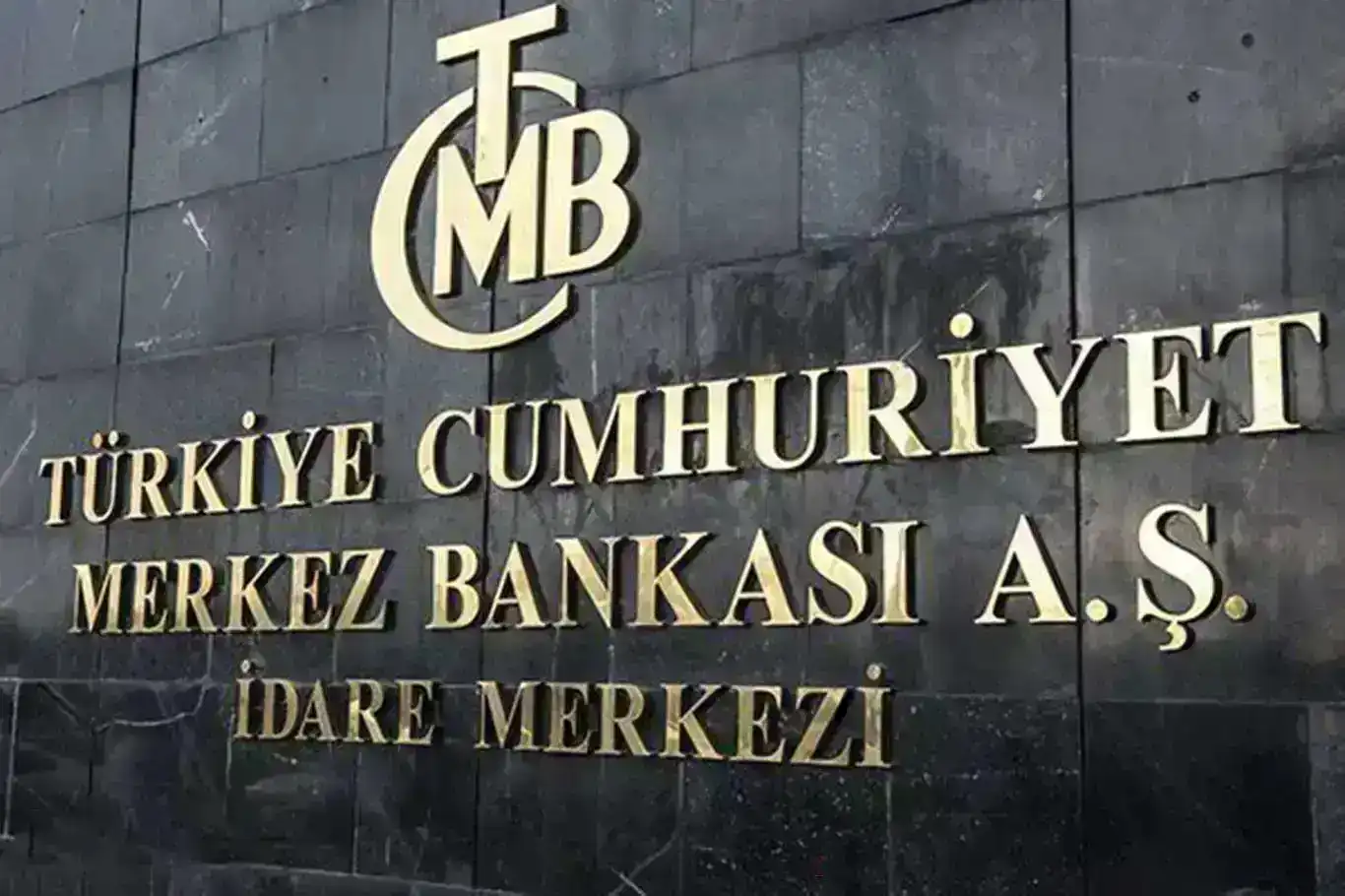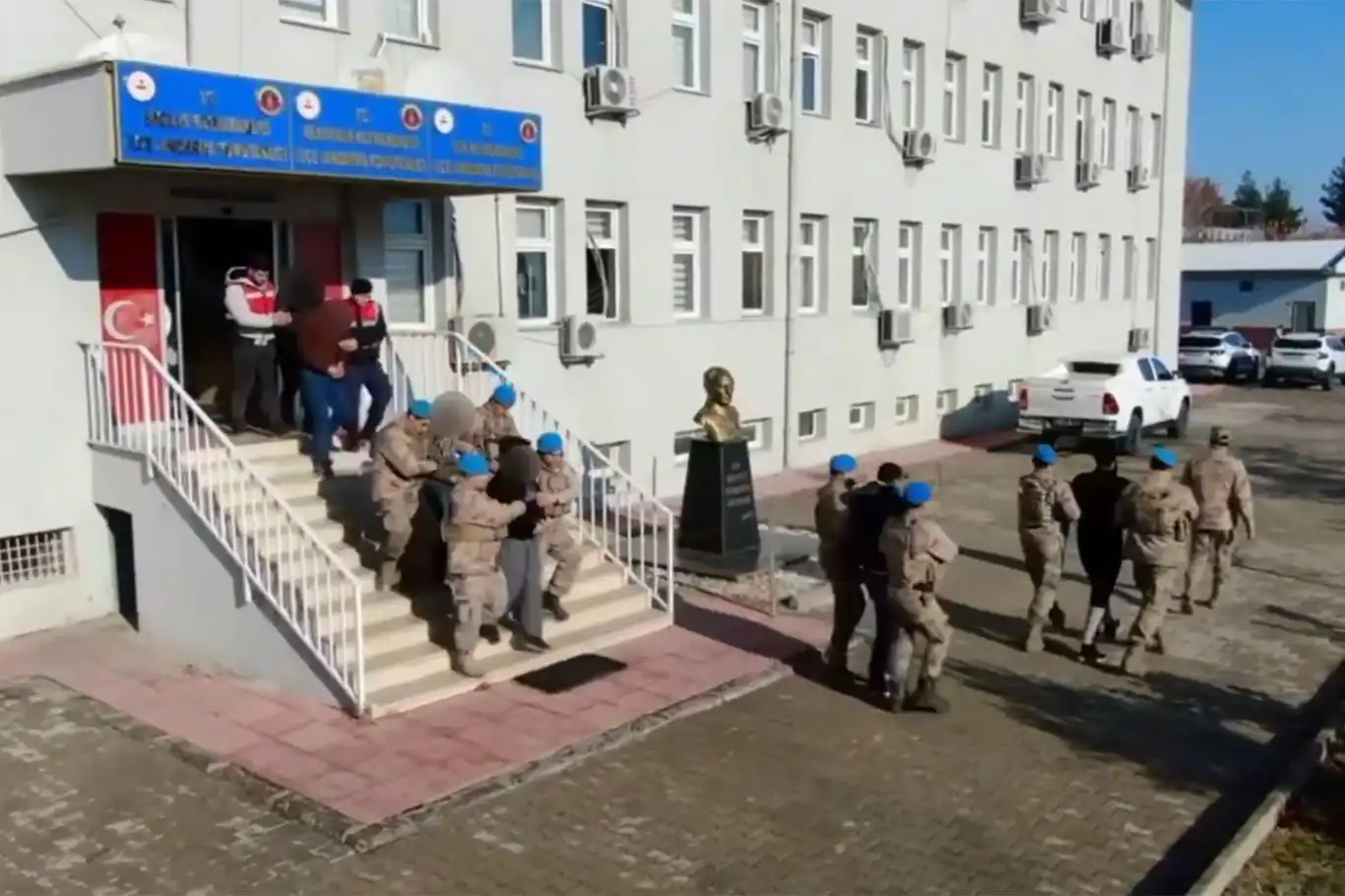Humanitarian access crisis in Gaza: Urgent calls for ceasefire and unhindered aid delivery
The humanitarian crisis in Gaza has reached alarming levels as access denials by israeli authorities intensify, hindering the delivery of essential aid, the United Nations humanitarian office said.
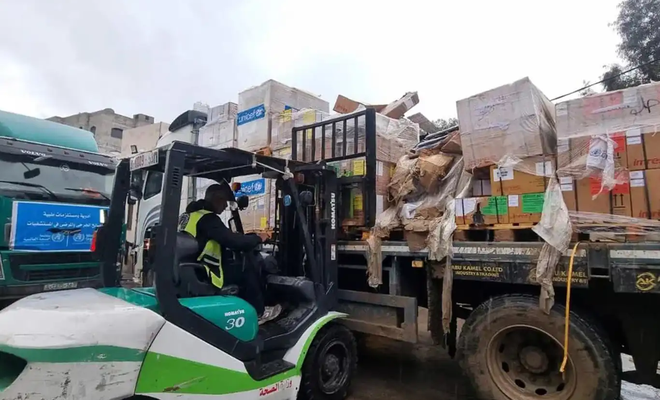
 Google News'te Doğruhaber'e abone olun.
Google News'te Doğruhaber'e abone olun. OCHA underlined that only 21% of planned humanitarian deliveries, including food, medicine, and water, have successfully reached their intended destinations in northern Gaza.
The Under-Secretary-General for Humanitarian Affairs and Emergency Relief Coordinator, Griffith, expressed deep concern, stating: "Our efforts to send humanitarian convoys to the North have been met with delays, denials, and the imposition of impossible conditions. Providing humanitarian assistance across Gaza is almost impossible."
Access constraints have significantly worsened since December 2023, with a sharp decline from over 70% success to a mere 21% of planned UN missions reaching northern Gaza. The inability to reach the northern regions exacerbates the suffering of hundreds of thousands of people in need.
Israeli authorities have imposed restrictions on all six humanitarian missions aimed at resupplying fuel to water and wastewater stations in the north, impacting life-saving water, sanitation, and hygiene (WASH) assistance. The shift from 33% restrictions in October-December 2023 to 100% in January 2024 raises serious concerns.
Flooding and waste contamination pose severe health threats, with urgent access to affected areas imperative. Unmanaged human waste and environmental hazards further compound the risks, emphasizing the critical need for intervention.
In the health sector, only one of ten planned missions to support life-saving and emergency activities has proceeded to north Gaza since January 1. Hospitals in the region continue to face shortages of life-saving medical supplies and equipment.
The World Health Organization (WHO) announced a breakthrough in reaching Shifa hospital in northern Gaza on January 12, delivering fuel and medical supplies to cover trauma and kidney dialysis patients.
Telecommunication disruptions have become increasingly frequent, with services shut down for the seventh time since October 7. The latest shutdown on January 12 raises concerns about the impact on communication, coordination, and information dissemination in the Gaza Strip.
While humanitarian supplies have entered Gaza, Under-Secretary-General Griffith stresses the limitations, stating, "Humanitarian supplies alone will not be able to sustain more than 2 million people. We cannot replace Gaza’s commercial sector."
Urgent appeals for the unrestricted entry of commercial goods, infrastructure rehabilitation supplies, and improvements to the medical evacuation system underscore the pressing need for comprehensive measures to alleviate the growing crisis in Gaza. (ILKHA)





























